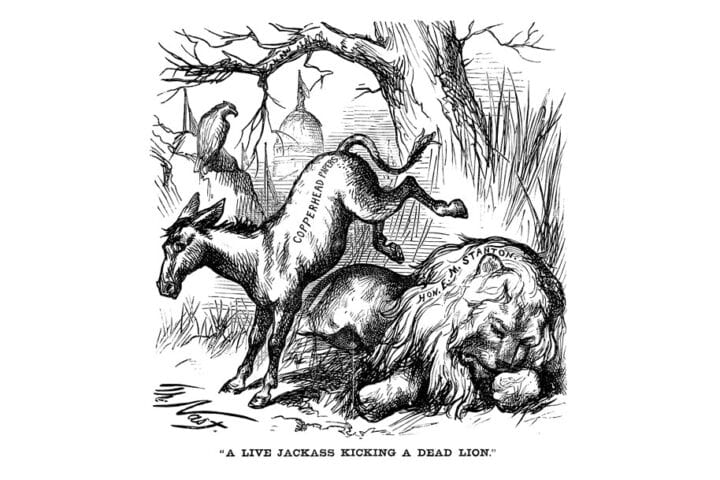Books Reviewed
In the international academy, Sir Christopher Clark is as grand as it gets. The Australian historian made his name with Iron Kingdom: The Rise and Downfall of Prussia, 1600–1947 (2006), which sought to demolish the idea that German history had followed a Sonderweg, or “special path,” culminating in the Nazis. A decade ago, The Sleepwalkers (2012), his history of the First World War, became a bestseller. In contrast to the “war guilt” clause of the 1919 Versailles Treaty and the Fritz Fischer thesis of the 1960s—that the Germans had deliberately planned and executed a war of aggression—Clark argued that all the great powers had “sleepwalked” into, and hence shared a degree of culpability for, the conflict. In the Anglophone world not everyone was convinced, but in Berlin the book was hailed as a masterpiece. It was required reading under Angela Merkel and still influences policy toward Russia under Olaf Scholz. Regius Professor of History at the University of Cambridge, knighted by the late Queen Elizabeth II, decorated with the Pour le Mérite (Germany’s highest civil honor), garlanded with numerous prizes and awards, Clark has reached the pinnacle of his profession.
***
His latest book is Revolutionary Spring: Europe Aflame and the Fight for a New World, 1848–1849, another




